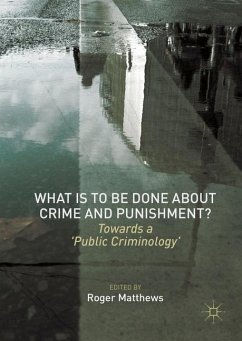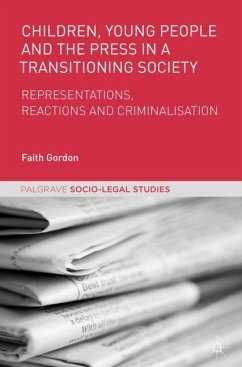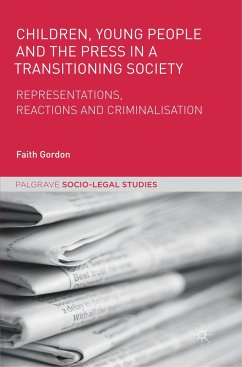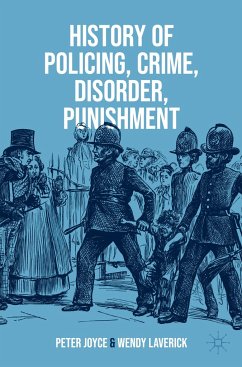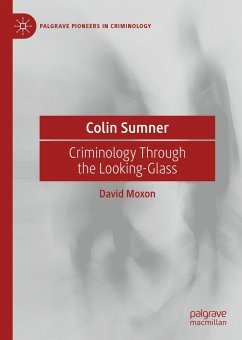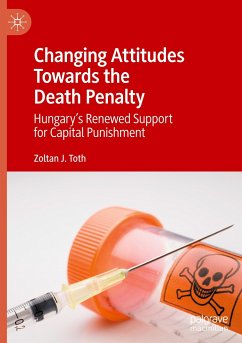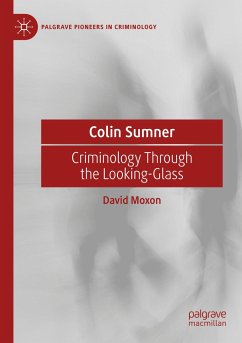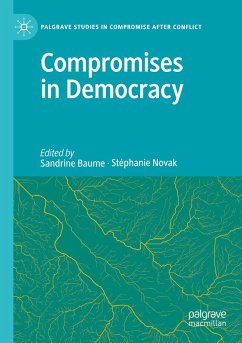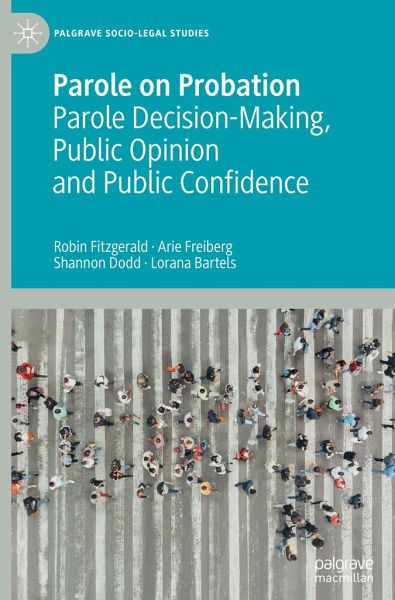
Parole on Probation
Parole Decision-Making, Public Opinion and Public Confidence

PAYBACK Punkte
17 °P sammeln!
This book explores key issues in relation to parole and public opinion, including the relevance of public opinion to parole boards decision-making and strategies for increasing public confidence in parole. It presents the findings of semi-structured interviews with 80 members of parole authorities in 12 jurisdictions, across Australia, New Zealand, Canada and Scotland. Unlike judicial processes, which are open to the public, there is little awareness of and research on the work of parole authorities. This book therefore shines a light on a little-understood, but hotly-contested, aspect of the ...
This book explores key issues in relation to parole and public opinion, including the relevance of public opinion to parole boards decision-making and strategies for increasing public confidence in parole. It presents the findings of semi-structured interviews with 80 members of parole authorities in 12 jurisdictions, across Australia, New Zealand, Canada and Scotland. Unlike judicial processes, which are open to the public, there is little awareness of and research on the work of parole authorities. This book therefore shines a light on a little-understood, but hotly-contested, aspect of the criminal justice system. Specifically, it explores differences across the study jurisdictions and considers how parole authorities in the four study countries view public attitudes, as well as the role of the media in shaping public attitudes towards parole. The book also considers whether public reaction matters for parole board decision-making and the interplay between informing the publicand offender reintegration. It explores a range of strategies which may improve public confidence in parole and therefore the criminal justice system more broadly. This includes consideration of the value, definition and possibility of public confidence. The authors then discuss both passive forms, such as parole authority websites, publication of decisions and social media, before examining active forms of engagement, including an information/liaison officer, roadshows and community fora.



